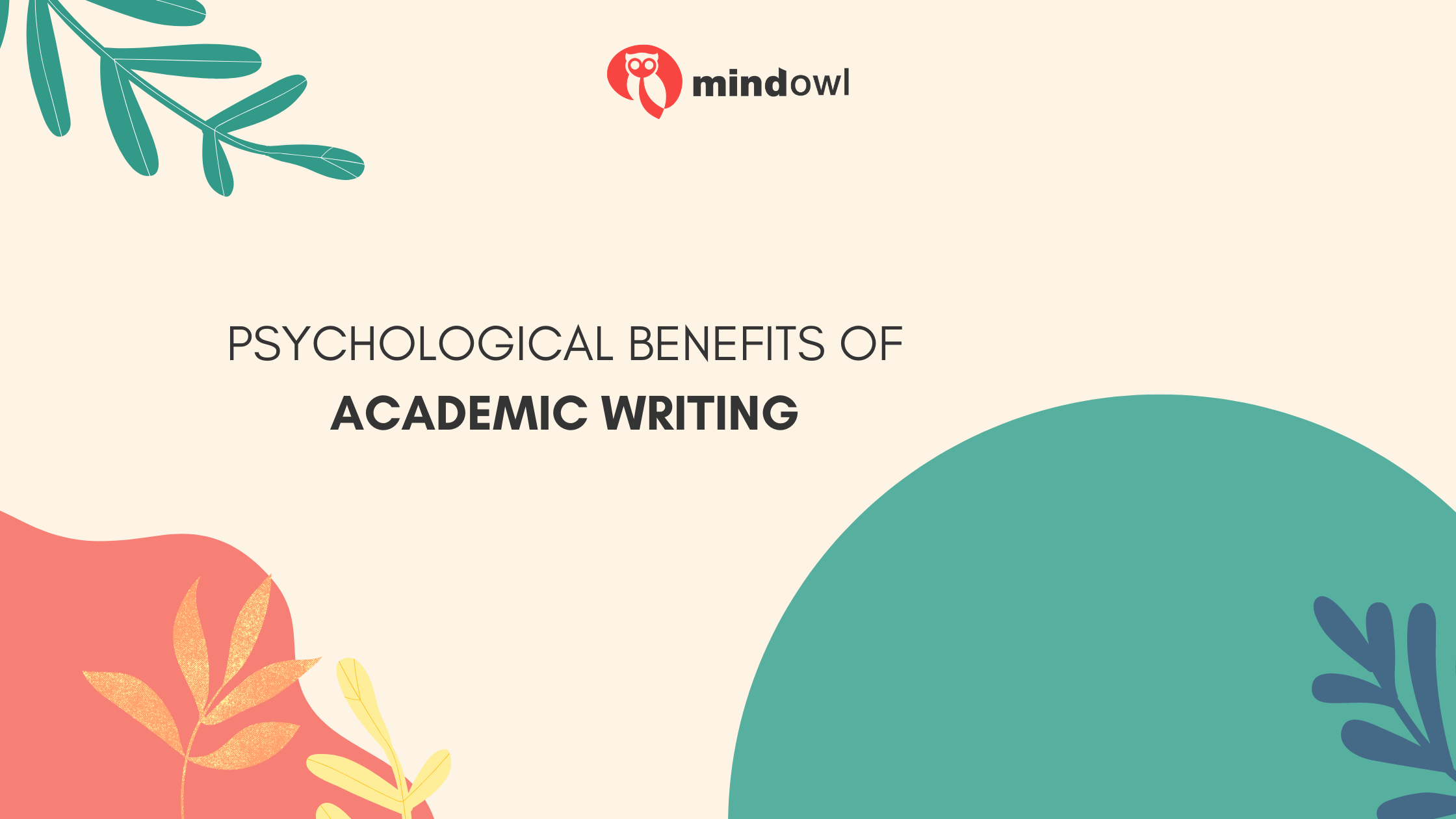For students, academic writing is not just a task to fulfil, there are a lot of psychological benefits that academic writing gives you, which will positively affect your mental health and personality growth. If you need assistance, Ukwritings writing service can help you craft high-quality academic papers. Ukwritings.com – best essay writing service for you, provides expert guidance and support to help you succeed in your academic endeavours.
Below you can read about the important aspects of why academic writing is like medicine for your mind.
Enhances Critical Thinking Skills
Academic writing increases your critical thinking. And thinking critically helps you better analyse and come to reasoned conclusions. How does academic writing do this? Here:
- Analysing Information: You learn to evaluate sources and determine their credibility.
- Forming Arguments: Writing helps you develop coherent arguments based on evidence.
- Problem-Solving: It teaches you to approach problems methodically and find solutions.
- Reflective Thinking: Writing encourages self-reflection and a deeper understanding of topics.
Through your academic writing, you learn to perfect the artfulness of thinking well – which is a highly valuable general skill in life.
Boosts Confidence
Writing academically will likely increase your confidence in your abilities when your written ideas take form, and when you receive positive reactions. If you need further support in honing your writing skills, consider utilising a research paper service for students, which can provide valuable feedback and assistance in refining your academic papers.
Example: Jane, a college student, was anxious about her ability to write. So she wrote several college essays. And submitted them to her professors. And received feedback about what she did well and where she could improve her writing. And wrote some more. And began to engage in class discussion more frequently. She made herself available to fellow classmates who needed help with their writing.
This confidence can translate to other endeavours, helping you approach obstacles with the right attitude.
Improves Communication Skills
Academic writing improves your writing. it is able to communicate excellently, such as (helps me to write well, with ideas that are clear and concise)
Structured Writing
Academic writing has strict codes of practice. As a student, you need to get to grips with these codes so that you can learn their conventions and master them. You are given clear formulas here, in terms of essay writing: you learn to:
- Use Clear Language: Avoid jargon and use language that is easy to understand.
- Present Ideas Logically: Arrange your ideas in a coherent and logical order.
- Support Arguments with Evidence: Use reliable sources to back up your claims.
Table: Comparison of Communication Skills Before and After Academic Writing
| Skill | Before Academic Writing | After Academic Writing |
| Clarity | Often unclear and disorganised | Clear and well-organised |
| Coherence | Ideas may be scattered | Ideas are logically connected |
| Evidence Use | Rarely uses supporting evidence | Regularly supports arguments with evidence |
| Confidence | Hesitant to express ideas | Confident in presenting arguments |
Improved communication skills are beneficial in both personal and professional settings.

Encourages Self-Discipline
Self-discipline and time management is the key to academic writing. working to deadlines and adhering to guidelines.
Developing a Writing Routine
Creating a writing routine can foster self-discipline. Here are some tips:
- Set Specific Goals: Determine what you want to achieve with each writing session.
- Create a Schedule: Allocate specific times for writing in your daily routine.
- Eliminate Distractions: Find a quiet place to write and minimise interruptions.
- Take Breaks: Avoid burnout by taking short breaks during writing sessions.
If you can develop self-control as a result of writing for academic purposes, you will become stronger and more productive in your pursuit of academic and personal objectives.
Provides Emotional Outlet
Writing can also be considered a useful activity to treat stress. By chance, this type of ritual is good as a method to show and vent our feelings.
Emotional Benefits
- Stress Relief: Writing about your feelings can help alleviate stress and anxiety.
- Self-Reflection: It encourages you to reflect on your experiences and understand your emotions better.
- Self-understanding: Dialectics reveals internal contradictions by illuminating your thoughts, emotions and motivations, and how your ego deals with them.
Practical Example: Mark, a graduate student, used writing to cope with academic stress. He found that, while taking notes on his syllabus and reading assignments, he would also start to write about his experiences. He did this to make sense of his emotions and stay reasonably calm when taking examinations. His personal mental health, as well as his academic performance, benefited as a result.
People who write for emotional purging increase their capacity for emotional adaptability and mental health.
Fosters Creativity
You’re not just reporting facts in this type of writing, but also permitting yourself to think creatively about how to present them to others.
Creative Techniques
- Storytelling: Incorporate narratives to illustrate points.
- Analogies and Metaphors: Use these to explain complex ideas simply.
- Visual Aids: Include charts, graphs, and images to enhance your writing.
Your creative writing can help you develop your own writing style and methods of engaging with problems.
Enhances Memory and Learning
Writing about a subject will improve your memory of it – you learn your topic more thoroughly when you have to deal with it from a writing perspective. The whole act of studying for and writing an essay improves the retention of the material by helping you learn and organise your research.
Learning Techniques
- Active Engagement: Writing forces you to actively engage with the material.
- Repetition: Rewriting and revising content helps reinforce learning.
- Application: Applying concepts in your writing helps deepen your understanding.
Example: The biology undergrad who thought that writing detailed summaries of her lecture notes strengthened her grasp of the material and thus enabled her to do well on exams? She was right.
By improving memory and learning, academic writing can therefore contribute to both academic success in the short term, as well as long-term knowledge retention.
Conclusion
The psychological benefits of academic writing are vast: academic writing improves thinking critically, boosting self-confidence through independent expression of thoughts and facilitating more efficient and meaningful communication with others, while cultivating self-discipline, serving as an emotional release, boosting creativity and enhancing memory and learning. Practising academic writing regularly will bring about significant improvements not only in your schoolwork but also in your mental health, making it a rewarding and beneficial habit to pursue.
MindOwl Founder – My own struggles in life have led me to this path of understanding the human condition. I graduated with a bachelor’s degree in philosophy before completing a master’s degree in psychology at Regent’s University London. I then completed a postgraduate diploma in philosophical counselling before being trained in ACT (Acceptance and commitment therapy).
I’ve spent the last eight years studying the encounter of meditative practices with modern psychology.

